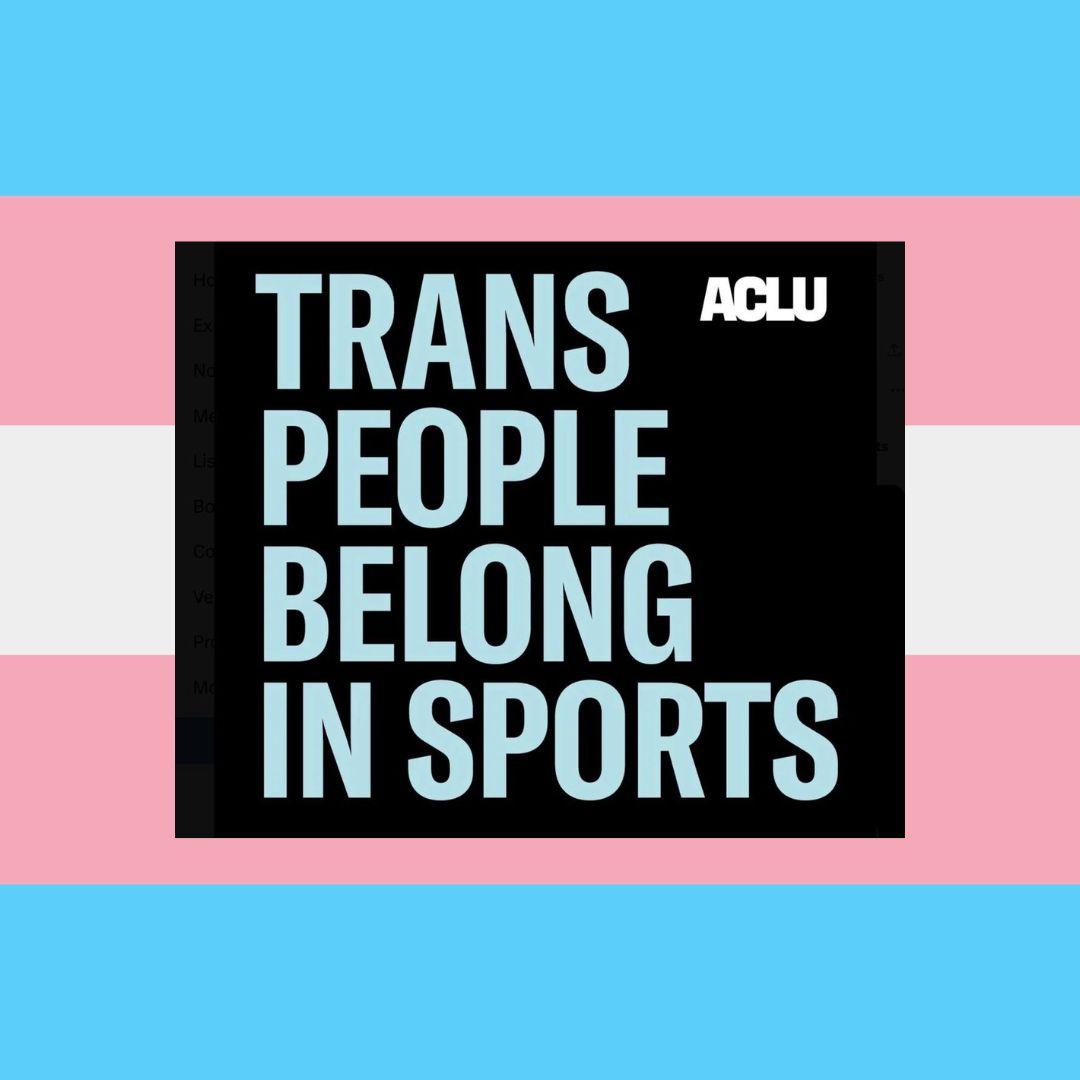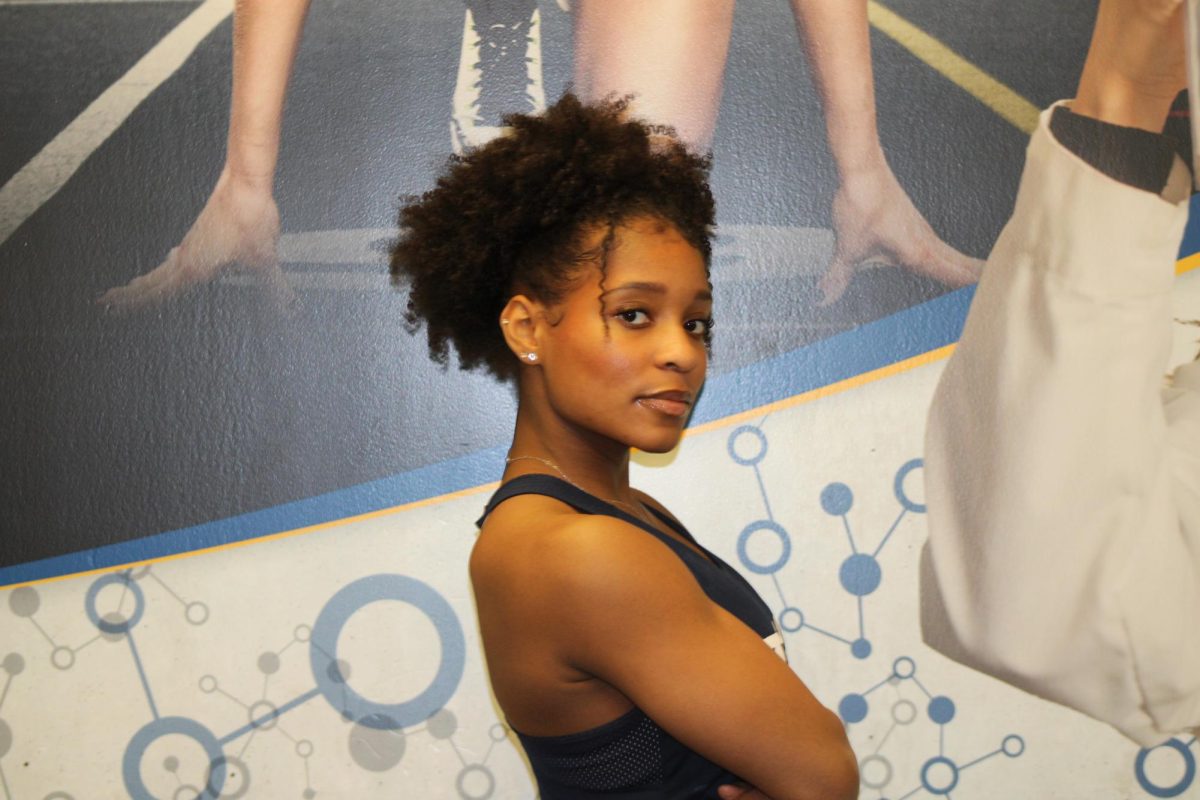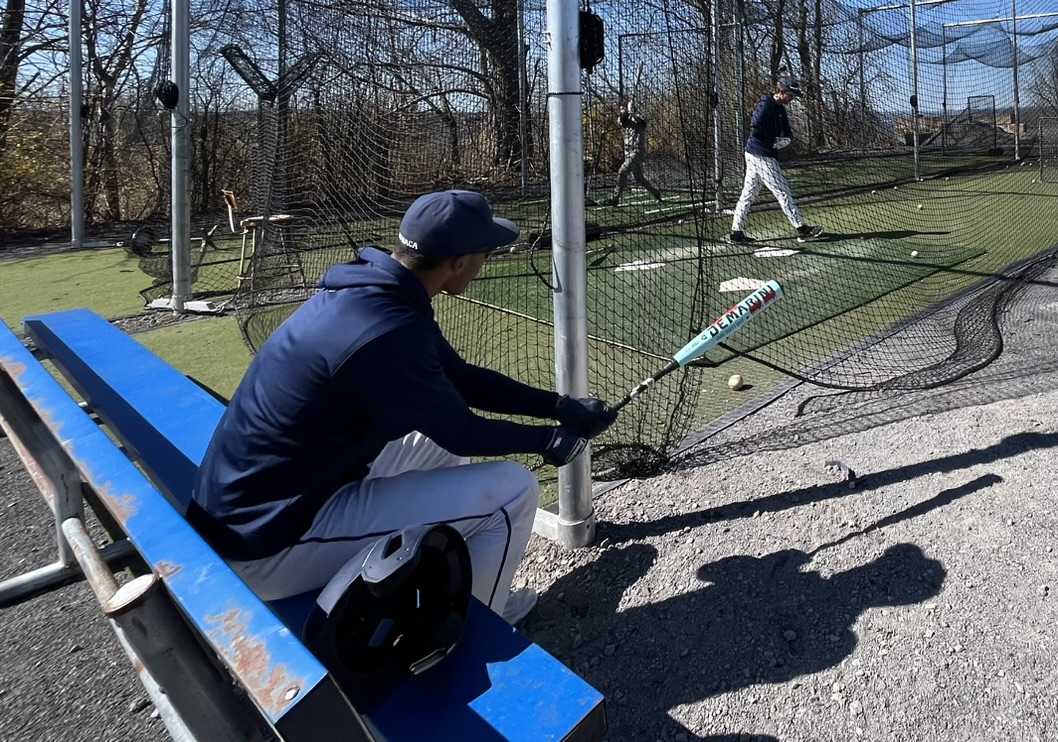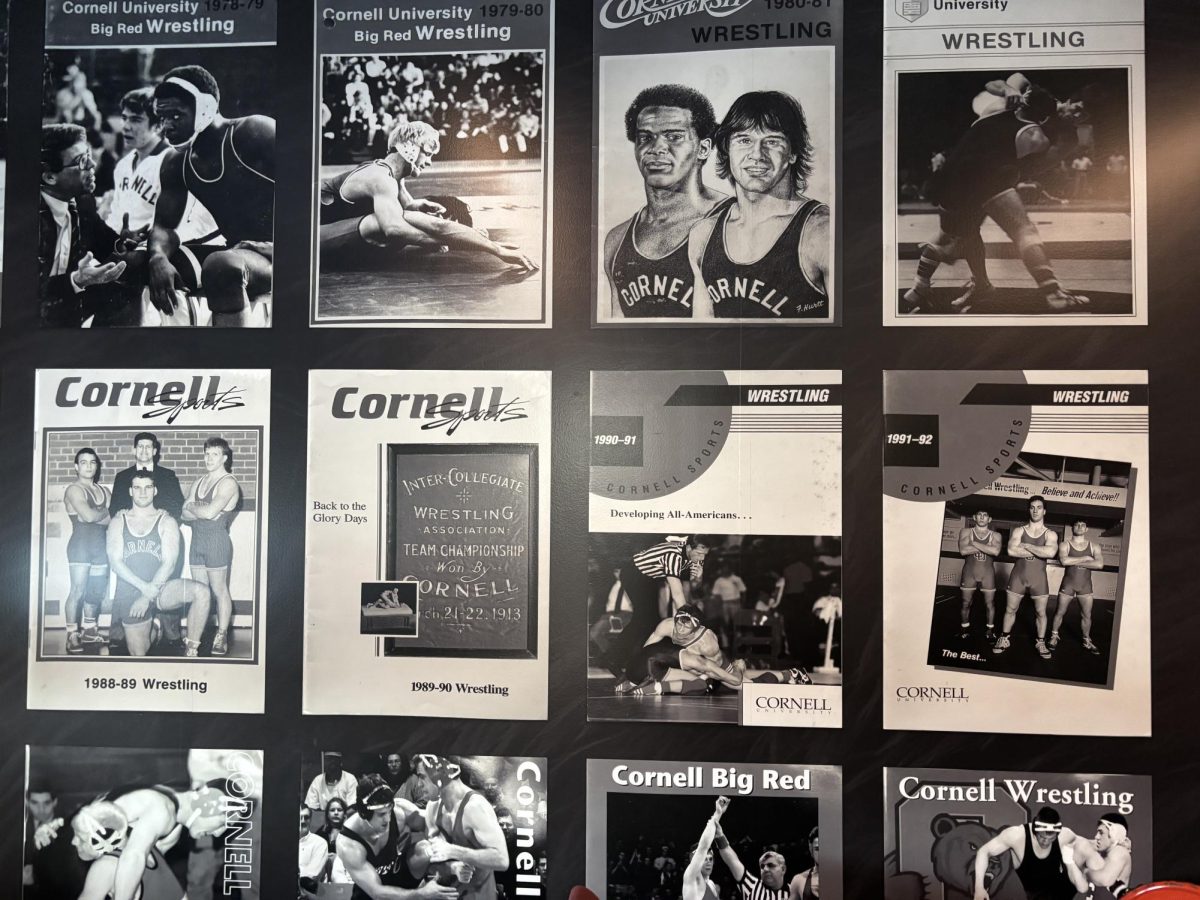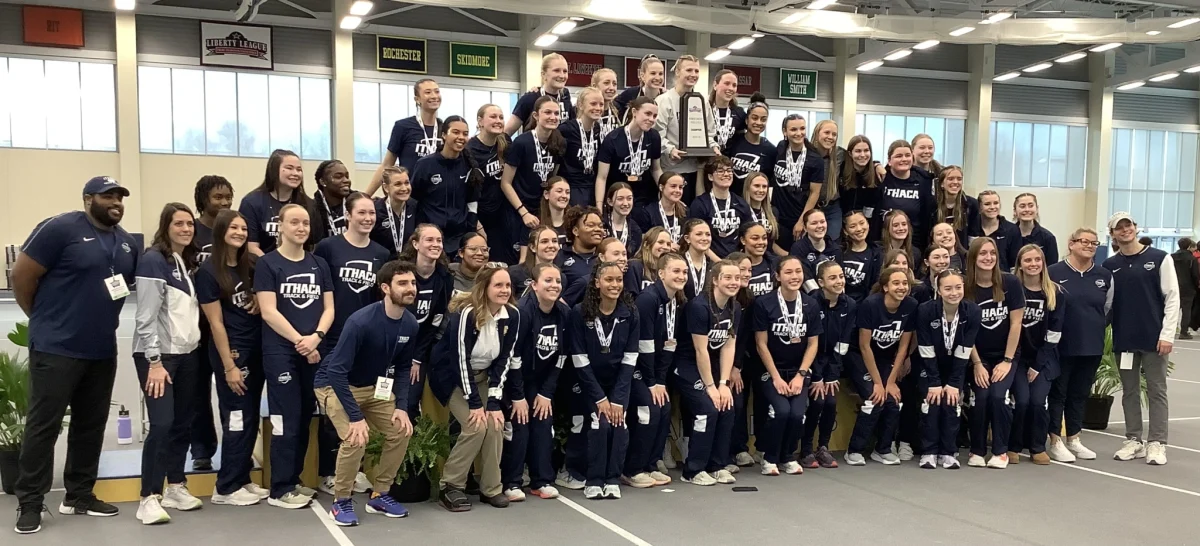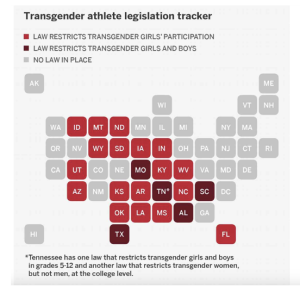
As of Sept. 25, the United States of America has passed legislation in more than 20 states discriminating against transgender athletes. In response to this increase in anti-trans sentiment, athletes and advocates around Ithaca are expressing their desire for sport to be an agent of change and inclusion, not discrimination.
Impact of Anti- LGBTQ+ Laws on Athletes’ Mental Health
Alex Perry (they/he) is a former member of the Ithaca golf team and a second-year Sociology Ph.D. student at the University at Albany focusing on LGBTQ+ athletes.
Speaking with athletes, Perry found that being banned from playing a sport, because of one’s gender identity, creates a sense of shame and fear.
“There was a transgender athlete who was kicked off of the team, and they went into a very deep mental health spiral, and it took them a while to get back into the sport because they were feeling awful about their own identity and experiences in sport,” said Perry.
The Human Rights Campaign asserted that trans student-athletes should not be denied access to the mental, emotional, and physical benefits that come from sport and that legislation attempting to do so is rooted in hate, not fact.
Transgender Athletes in Ithaca
While at Ithaca College, Perry worked on updating the Ithaca Athletics Diversity, Equity and Inclusion Policy to advocate for transgender athletes and has continued to study the impact of DEI policies on college campuses.
Perry has helped pave the way for current transgender athletes at Ithaca College.
August Donato (he/him) is a sophomore on the Ithaca College Men’s Rugby team. Donato, who first expected to be on the rowing team at Fordham University, transferred to Ithaca so he could continue to play sport and embrace his identity after beginning his transition in the Fall of 2021.
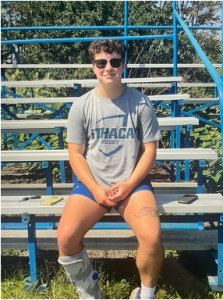
Donato credits his coach and teammates at Ithaca College for helping to create a safe and validating environment on the field.
“They treat me just like one of the guys,” he said. “I get tackled just as hard as any cisgender player on the field.”
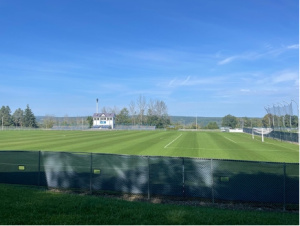
Transgender Inclusion in Local Sports
The Finger Lakes Running Club, located in Ithaca, is updating their transgender inclusion policy to make a statement of support for trans and gender non-conforming athletes.
Kris Haines-Sharp, the diversity and inclusion chair for the Finger Lakes Running Club wants the new policy to go beyond the gender binary when recognizing athletes.
“We’ve been working on a gender policy that addresses how runners are signing up for races, what kind of prizes we’re giving, and being intentional on how we’re recognizing them,” she said. “We have three categories: a men’s, a women’s and a non-binary category for our races.”
Board Director Adam Engst hopes the club can be an example for other sports organizations who are working to embrace transgender and gender non-conforming athletes in their policies.
“I feel our role is to come up with something that’s good, and make it available to others who are looking,” Engst said.
Haines-Sharp echoed this message, highlighting the value in grassroots activism.
“If you think about the national discourse around trans rights, what we’re doing on a small scale can start on a local level and move up to make a difference on bigger sport bodies and make a statement on a national level,” said Haines-Sharp.
As of Sept. 6, The City of Ithaca is now a sanctuary for transgender people after the passing of legislation to protect access to gender affirming healthcare and uphold the notion that discrimination against people for their gender identity is illegal.

